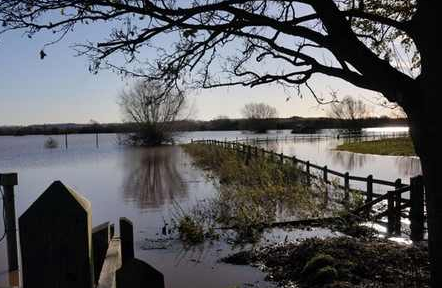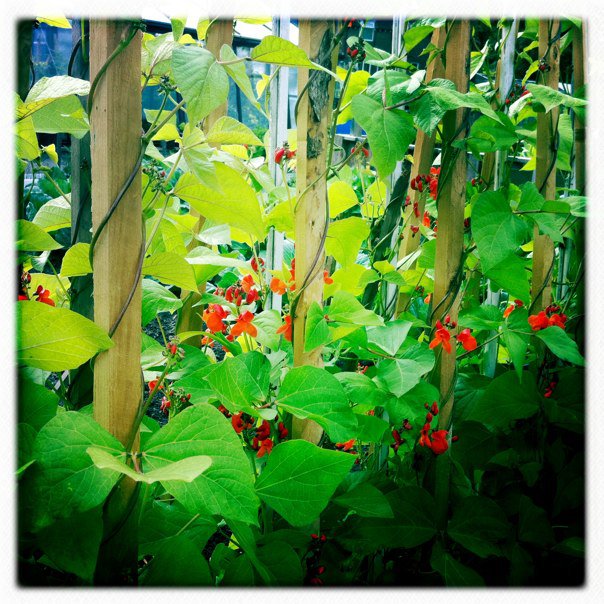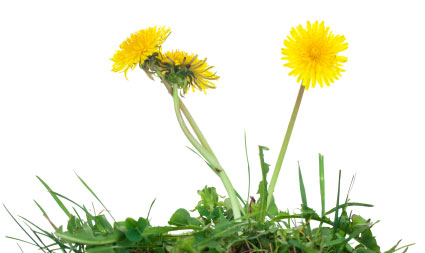Top Gardening Tips For The Winter
 Flooded fields near East Lyng in Somerset pictured yesterday by Western Daily Press photographer Fran StothardBatheaston is looking very sodden! Needless to say our heartfelt sympathies are with anybody that has been affected by flooding. Water is so destructive!
Flooded fields near East Lyng in Somerset pictured yesterday by Western Daily Press photographer Fran StothardBatheaston is looking very sodden! Needless to say our heartfelt sympathies are with anybody that has been affected by flooding. Water is so destructive!
If Manage My Garden can be of help or assistance don’t hesitate to contact us.
However when everywhere is looking so drab, closer inspection of gardens reveals how valuable evergreens are. The diversity of foliage and berry colour! Also fragrance can have a cheering affect.
Top Tips:
1. Conifers look striking this time of year. Their variety of colour, texture and shape is immense. My current favourites are Pinus mugo, Juniperis scopulrum - sky rocket and compressa, thyja orientalis ‘aurea nana’. When choosing a conifer for your garden please check their ultimate height and spread. Also be aware that slow growing is not the same as dwarf! (‘dwarf’ means under a meter height and spread). Also remember to use a reputable garden centre and where possible only buy UK sourced plants.
2. Daphnes are budding this time of year. Daphne buolua can be tricky, but from December onwards flower with a divine fragrance! Winter flowering shrubs are important for bumble bees. They come out foraging, given windows of opportunity in the weather. Valuable nectar is what they seek. That is what such flowers provide. Daphne mezereuim is calcarious soil tolerant too.
3. One of my top favourite shrubs is the Mahonia. Totally hardy and tolerant of the most extreme of conditions generally will flourish and without fail produce racemes of fragrant flowers from November onwards. Although ‘charity’ is tall it does not take up much space. Particularly fragrant too is Mahonia ‘japonica’.
4. Still some remaining leaves to clear from lawns and paths? We can help!
5. Now is your last chance to harvest horse radish, for making that delicious sauce! Don’t forget to replant some of the shooting growths for next season.
6. Finally if you have put bulbs in the dark for forcing get them out now and start to give them some light. Do not over water them! That goes for all indoor plants particularly in these low light conditions.
 Friday, November 30, 2012 at 11:57AM in
Friday, November 30, 2012 at 11:57AM in  Seasonal tagged
Seasonal tagged  Autumn,
Autumn,  Conifers,
Conifers,  Daphnes,
Daphnes,  Winter,
Winter,  berries,
berries,  flooding,
flooding,  horseradish. Mahonia,
horseradish. Mahonia,  tips,
tips,  trees
trees  2 Comments
2 Comments  Email Article
Email Article 



